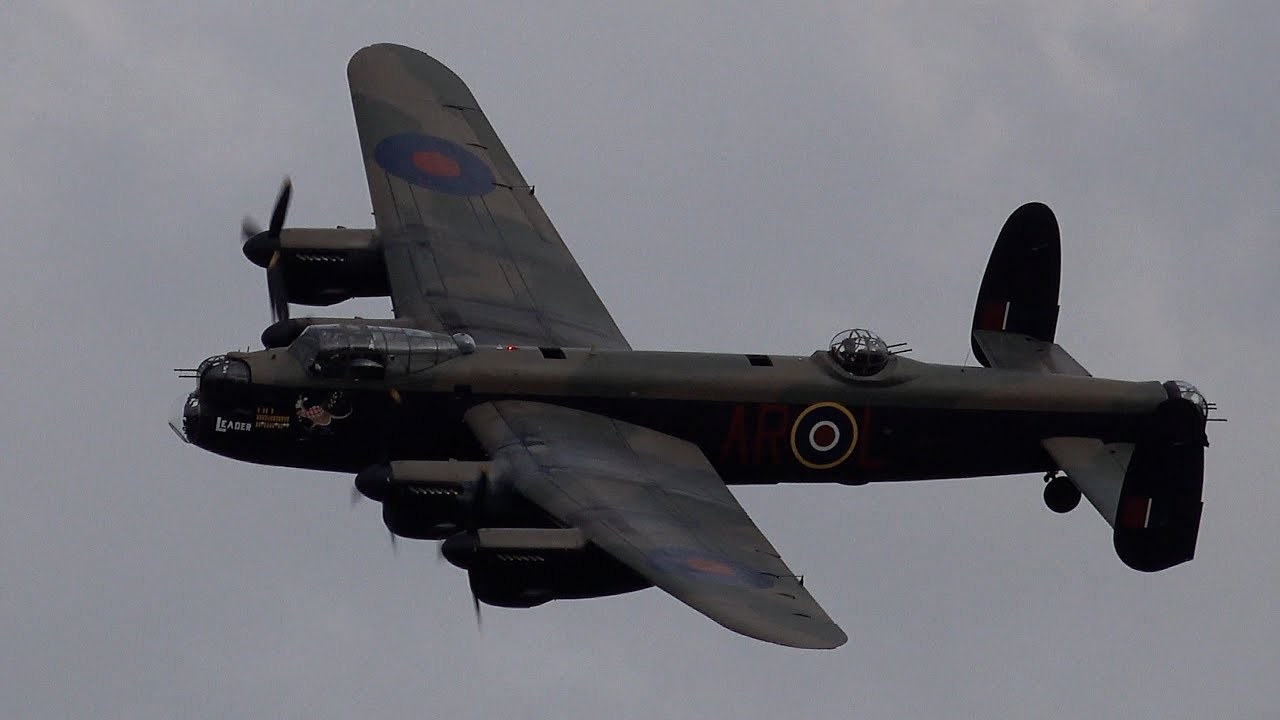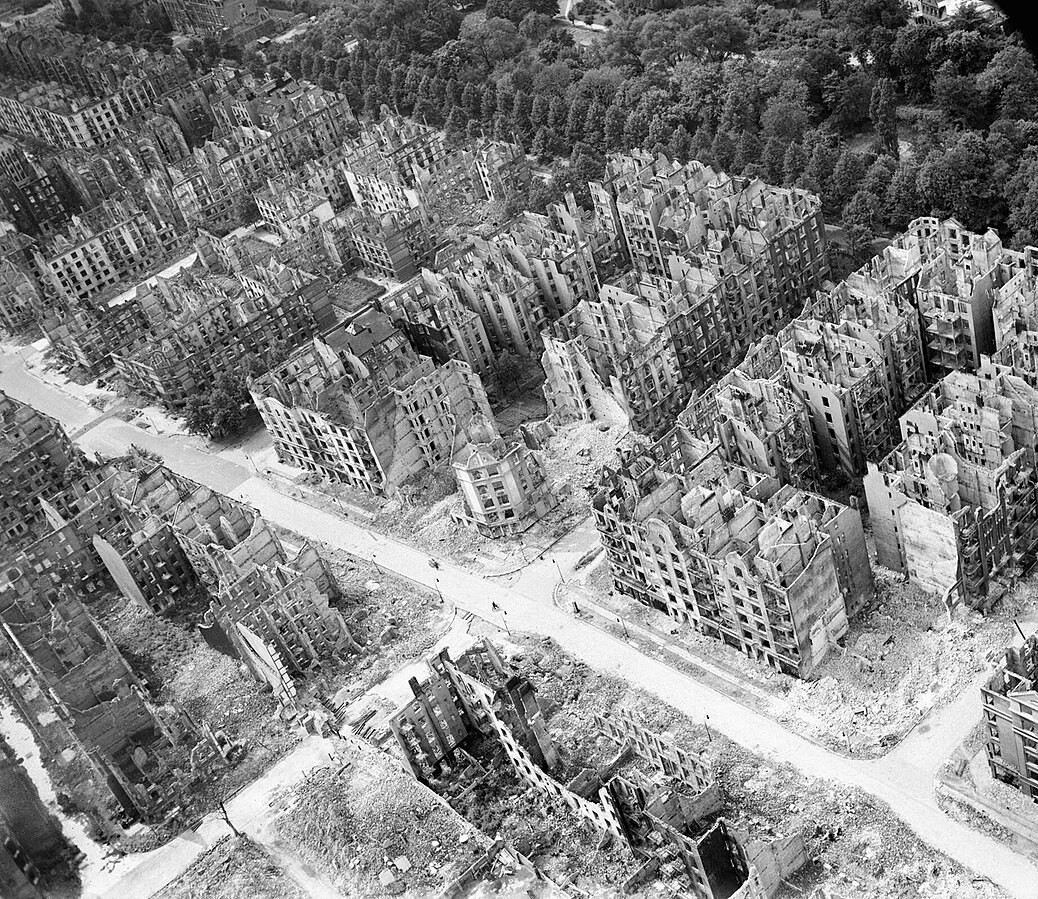10 SQUADRON BOMBER COMMAND - THE WIRELESS OPERATOR’S STORY
JANE GULLIFORD LOWE.
Available from Amazon in paperback and on Kindle

Based on interviews with survivors and extensive documentary research, ABOVE US THE STARS is about the young men who volunteered to serve as aircrew in the RAF’s Bomber Command. It tells the story of young Jack Clyde, who joined Bomber Command after his hometown of Seaham, Co. Durham, was heavily bombed by the Germans, and follows his service as a wireless operator in 10 Squadron’s Halifax bombers. The author, Jack Clyde’s grandniece, also tells of the way the war affected Jack’s friends, family and fellow servicemen, set against the progress of Bomber Command and the war in general.
The book is well-researched, and has much little-known information about Bomber Command’s campaign against Germany. It is well-written and the author obviously feels a personal connection with her subject.
One minor quibble I have is that, inevitably, she writes from a twenty-first century perspective, bringing in post trauma stress syndrome and imputing that air crew had strong feelings of guilt for bombing German civilians.
No doubt a few of them had, and maybe more developed them after the war, when the Establishment that sent them on area bombing raids disgracefully implied that it was immoral and, improbably, not very effective. Bomber Command air crew, who had suffered the highest casualty rate of any allied combat units, were not therefore awarded a campaign medal.
But I do not think that many airmen felt guilty about bombing Germany, even if it meant the death of innocent German civilians. My father was an air gunner in Bomber Command, who volunteered after his hometown, Sunderland, was devastated by the Luftwaffe. Neither he nor his friends who had joined up with him gave any sign of feeling guilty for what they had done. They volunteered for one of the most dangerous jobs for revenge, felt that flattening German towns and industry was justified and likely to shorten the war and save lives in the long run.

But back to the book under review. The subject of guilt is handled sensitively, as is that of ‘lack of moral fiber’ (LMF), a label the RAF leadership pinned on those who showed signs of cracking under the strain. My father always said the while he was terrified every time he went on a mission, being classed LMF scared him even more. The book covers this aspect of service in Bomber Commend well.
It also reminds us that, to combat the fatigue induced by flying three or four operations a week, amphetamines were made freely available to air crew. One airman mentioned stayed awake for three full days before the effect of the drug (probably Benzedrine) wore off. We are also informed that the Germans handed out drugs indiscriminately and that “the rapidity of the German infantry and tank divisions’ advance across Europe in the early stages of the war was fueled by Pervatin, amphetamines and many other chemical stimulants, including cocaine.”
ABOVE US THE STARS has many other interesting snippets of information that this reviewer was unaware of, including tactics, strategy, technological advances and their development, as well as the attitudes to their job of many airmen, including interviews with former air crew. The book is recommended for both those with a specific interest in Bomber Command and for the general reader.